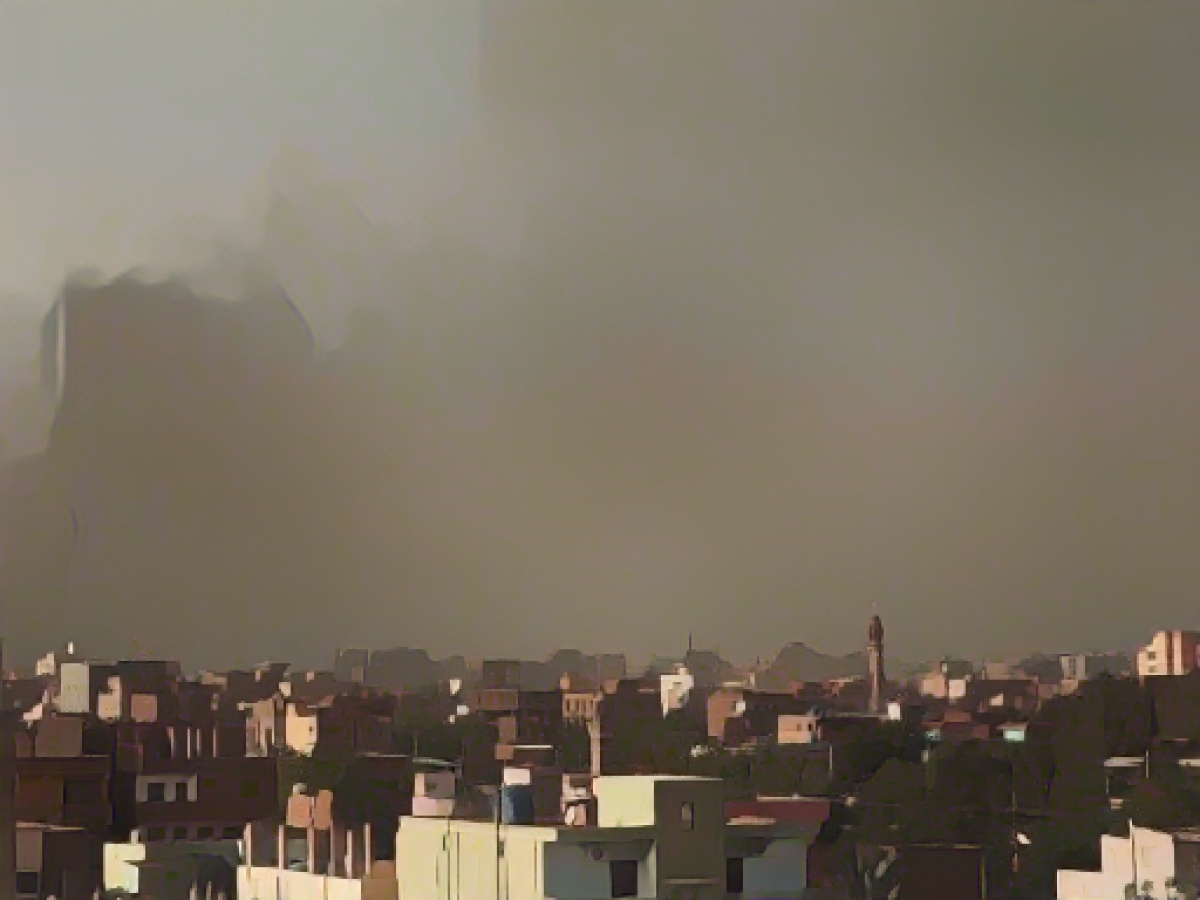No agreement on ceasefire in Sudan
Negotiations on a ceasefire in Sudan have failed again for the time being. The Sudanese army and the paramilitary group Rapid Support Forces (RSF), which have been fighting each other for more than six months in the country on the Horn of Africa, were unable to agree on a ceasefire during talks mediated by the USA and Saudi Arabia in Jeddah, Saudi Arabia. This was announced by the Saudi Foreign Ministry.
However, representatives of the conflicting parties had agreed to negotiate together in a framework led by the UN emergency aid office OCHA on removing obstacles to humanitarian aid access.
In Sudan, the RSF of former deputy ruler Mohammed Hamdan Daglo, a quasi-army formed from militias in the Darfur region, has been fighting against the armed forces under the leadership of de facto head of state Abdel Fattah al-Burhan since mid-April. In the first months of the conflict, ceasefires were agreed and broken several times. Both sides accused each other.
Concern about the situation in Darfur
Meanwhile, violence continued both in Sudan's capital Khartoum and in the Darfur region in the west of the country. The RSF have continued to expand their power in Darfur in recent weeks and most recently announced on Saturday that they had captured the capital of the state of West Darfur, Al-Junaina. Experts are concerned about a renewed escalation of violence against the civilian population. Alleged war crimes were already committed in Al-Junaina in the summer. According to the UN, mass graves containing several dozen murdered civilians from the Masalit ethnic minority were found there in June. The RSF denied the allegations.
Darfur has been the scene of one of the country's most serious conflicts for over 20 years. The conflicts between ethnic minorities such as the Masalit and the Arab militias of the RSF, which have been smouldering for years, have now escalated again as a result of the power struggle.
Before the conflict, Sudan had a population of around 48 million. According to UN estimates, around 5.8 million people have been displaced since April, of which around 4.6 million have fled within the country. According to surveys by the conflict data organization ACLED, more than 10,000 people have been killed.
Despite the ongoing ceasefire negotiations, conflicts between the Sudanese army and the RSF continue to cause violence, particularly in the Darfur region. Khatum, the capital of West Darfur, was recently captured by the RSF, leading to concerns about further escalation of violence against the civilian population.
Source: www.dpa.com








